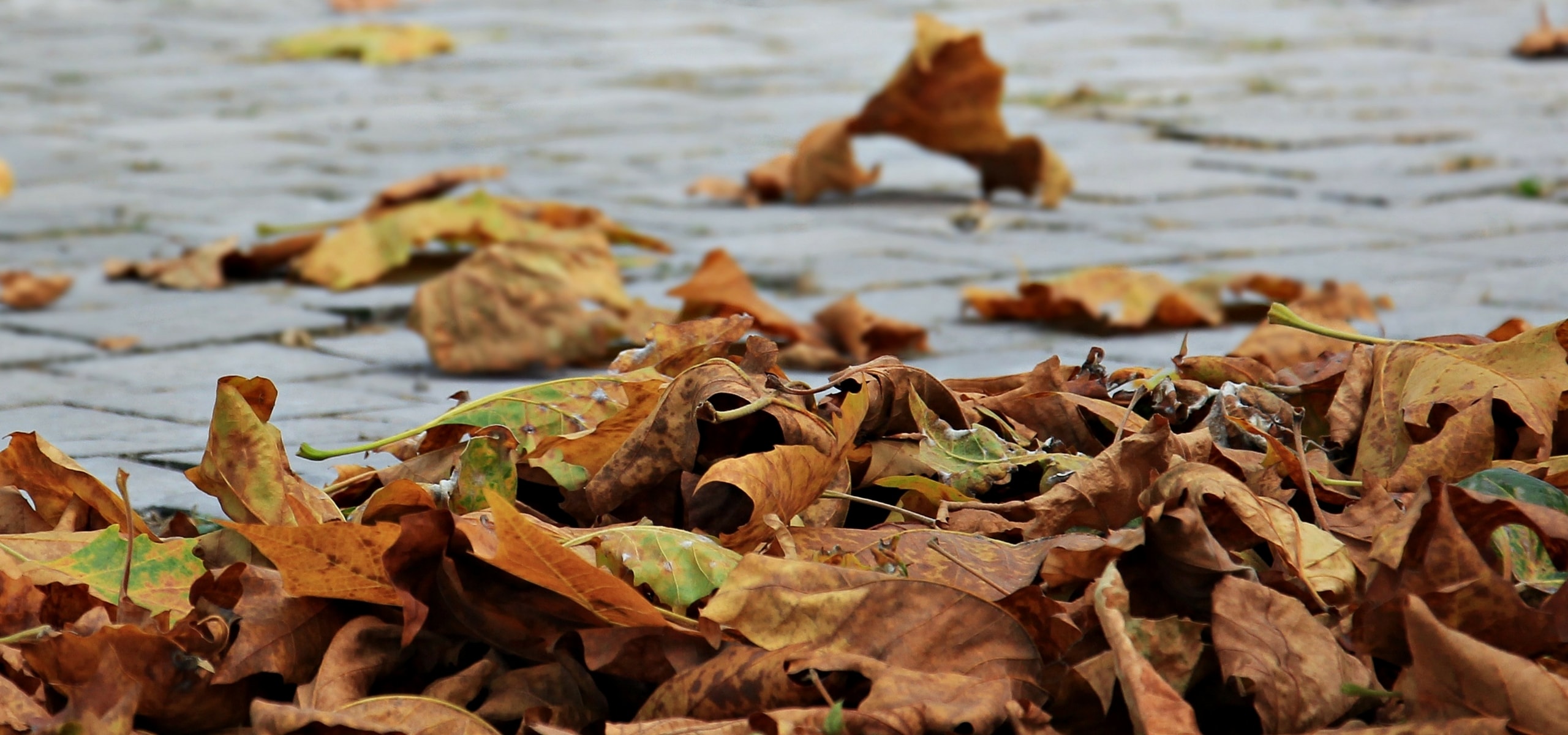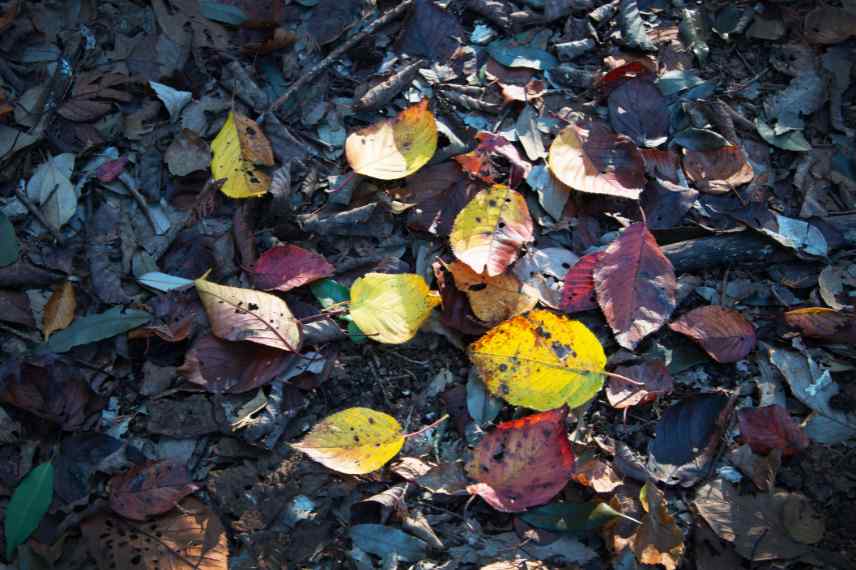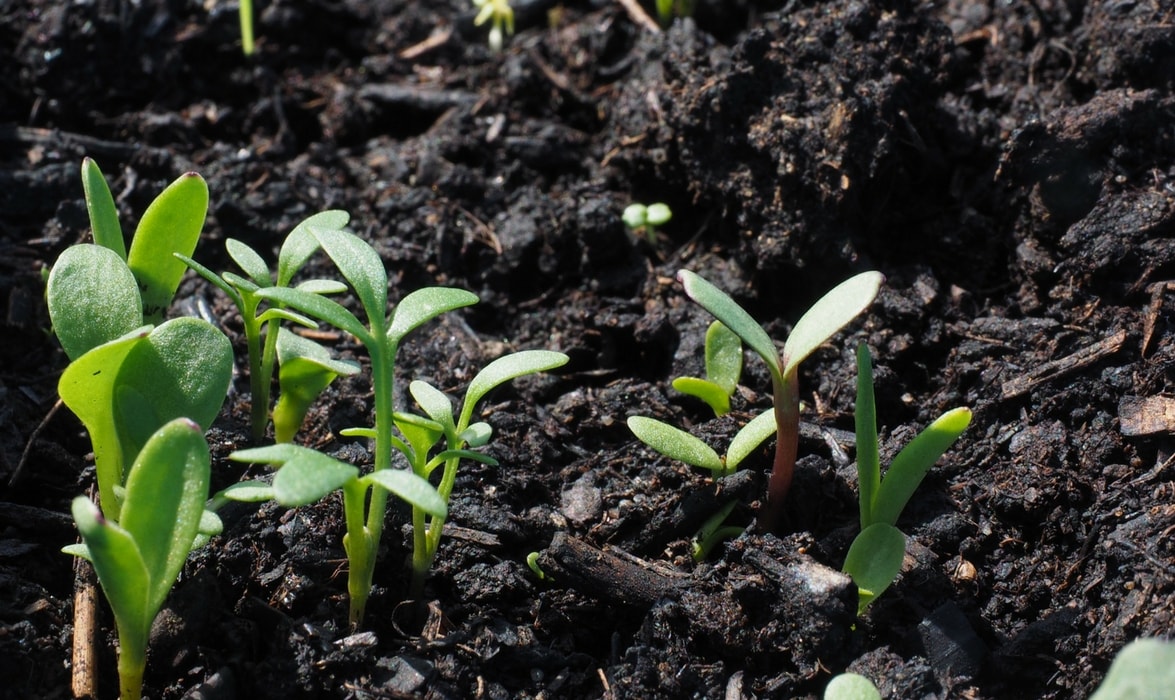
Dead leaves, how to use them in the garden?
Our tips and tricks for making the most of them
Contents
In autumn, as Prévert said, dead leaves are gathered by the spade… but instead of throwing them away, why not turn them into an asset for your garden? Natural mulching, nutrient-rich compost, refuge for biodiversity: these precious leaves offer numerous benefits. Discover how to recycle them wisely and transform this “waste” into a valuable resource for your soil and plants! By recycling your dead leaves in the garden, you promote soil fertility while participating in a waste reduction initiative. This practice is part of a circular economy approach, where nothing is wasted and everything is transformed to naturally enrich the earth. Incorporating this gesture into your natural gardening routine also helps to effectively protect the garden in winter by shielding the soil and plants from the cold.

Dead leaves: a top-notch mulch
Dead leaves make an excellent mulch for your flower beds, the base of hedges, and for the vegetable garden.
Spread in a thick layer, they offer numerous benefits as they:
- protect slightly tender plants (perennials or bushes),
- cover the soil and form a barrier that reduces the negative effects of rain impact and cold,
- prevent unwanted weeds from establishing and thus limit weeding,
- nourish the living beings in the soil and maintain its fertility by decomposing.
In practice, using a leaf rake, spread the leaves in a thick layer of up to 30 cm (don’t worry, it will reduce by two-thirds in less than three weeks) and clear a bit of the collar of the plants to avoid excessive moisture.
Choosing the right dead leaves for effective mulching
Not all leaves are created equal! Some are ideal for mulching, while others should be used with caution or avoided. Certain types of leaves decompose quickly and provide valuable nutrients to the soil while promoting microbial life:
- Leaves of hornbeam, maple, lime, birch, ash, hazel: they are rich in minerals and decompose quickly.
- Oak leaves: although they take a bit longer to decompose due to their acidity, they make good mulch for heather-loving plants (hydrangeas, rhododendrons, azaleas).
- Fruit tree leaves (apple, pear, cherry, plum, etc.): they are generally rich in nutrients and beneficial for the soil.
Some leaves are tougher and should be composted before being used as mulch: this is the case for plane tree, laurel, beech, and chestnut leaves. They are thick, rich in tannins, and decompose very slowly. It is best to shred them before use or mix them with lighter leaves. Walnut leaves contain juglone, a substance that can slow the growth of certain plants. It is better to compost them for a long time before using them.
Warning!: avoid diseased leaves (rust, powdery mildew, scab), as they can spread diseases to crops. Similarly, do not recycle leaves treated with pesticides or weedkillers, as they may pollute the soil or compost and harm biodiversity.
Read also
Mulching: Why? how?Dead leaves: for excellent free compost
Dead leaves also help to prepare an excellent compost.
To do this, simply pile the leaves, turn it occasionally, and let it decompose.
In a small garden, don’t hesitate to try this method, approved and guaranteed by our experts: store them in a large opaque garden bag, bin bag or rubble sack (approximately 200 litres) that you will close. Puncture a few holes in the bag and keep it sheltered. After a year, you will be able to recover the equivalent of 30 to 40 kg of high-quality… and free compost from each bag.
Discover Virginie’s tutorial: “How to make good leaf compost?“

Dead leaves: carbon to balance compost
Dead leaves are part of the “brown” or carbon-rich waste that is essential for achieving a balanced compost.
Store your leaves in a silo made of mesh or in a separate compost bin. For every addition of green waste (mowing, adventive), add the equivalent of one third of dead leaves and mix everything well with a digging fork.
- Subscribe!
- Contents






























